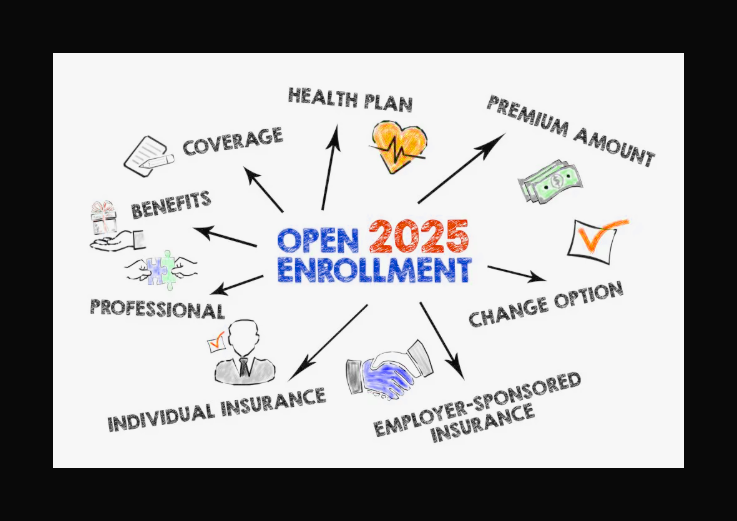Important Heart Health Facts for American Heart Month
As we recognize American Heart Month, it's a timely opportunity to focus on heart health. Given that cardiovascular disease is projected to affect 61% of U.S. adults by 2050, it's a pressing issue...
As we recognize American Heart Month, it's a timely opportunity to focus on heart health. Given that cardiovascular disease is projected to affect 61% of U.S. adults by 2050, it's a pressing issue that demands our attention. While the statistics are concerning, it’s encouraging to know that small, actionable changes can significantly reduce the risks. Raising awareness and adopting heart-healthy habits are crucial for long-term well-being.
Let’s dive into some essential heart health facts and tips:
Recognizing Stroke Symptoms, Especially in Women
Cardiovascular disease claims one woman’s life every 80 seconds, and women often experience atypical stroke symptoms, such as nausea or fainting. The FAST acronym—Face drooping, Arm weakness, Speech difficulty, Time to call 911—can be a lifesaver. Acting immediately when noticing these signs is paramount.
The Role of Diet in Heart Health
Reducing saturated fats, trans fat, salt, and cholesterol while incorporating heart-healthy foods can have a profound impact on cardiovascular health. Incorporate leafy greens, nuts, and oily fish into your meals. The Mayo Clinic offers a heart-healthy menu plan that is a great resource.
Cardiovascular Disease is Widespread, but Preventable
Each year, 1.5 million heart attacks and strokes occur in the U.S. Manageable risk factors like diet, exercise, and smoking cessation can make a significant difference. Small changes, such as reducing salt intake or quitting smoking, have substantial benefits.
Aerobic Exercise is Key
Engaging in 150 minutes of moderate-intensity exercise (like brisk walking or water aerobics) or 75 minutes of vigorous activity (like jogging) weekly can dramatically improve heart health. Incorporate exercise into your daily routine; try walking during lunch breaks or joining a local swimming class.
Follow the ABCS for Heart Health
The CDC recommends following the ABCS: Aspirin (if prescribed), Blood pressure management, Cholesterol control, and Stop smoking. Take simple steps like monitoring your blood pressure or consulting a doctor about smoking cessation programs to maintain optimal heart health.
Heart health is largely within reach through small, consistent changes. Prioritizing heart health doesn’t have to be overwhelming. Following the ABCS, recognizing stroke symptoms, maintaining a heart-healthy diet, and engaging in regular exercise can protect you and your loved ones.
During American Heart Month, take action by scheduling a health checkup, starting a new exercise routine, or sharing these heart health tips with friends and family. Consult trusted medical professionals or use reliable resources like the CDC or Mayo Clinic for additional guidance.















